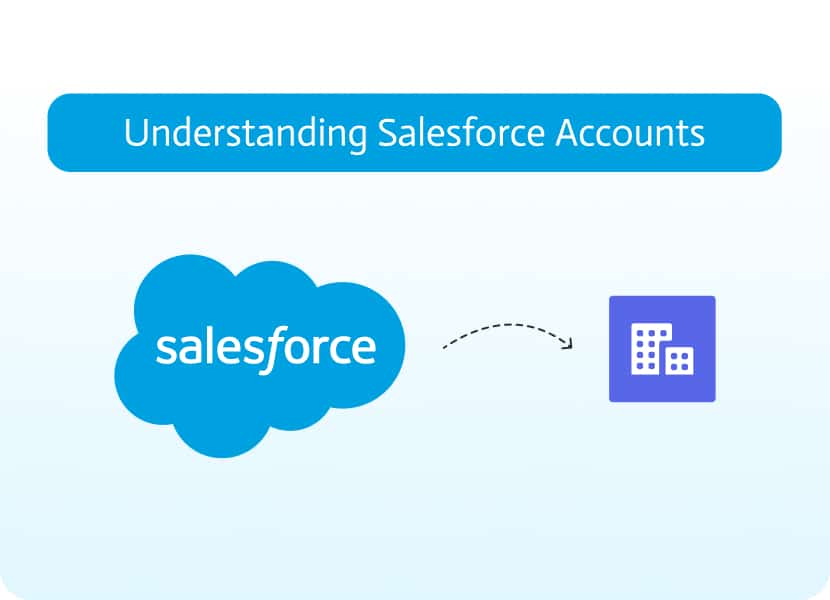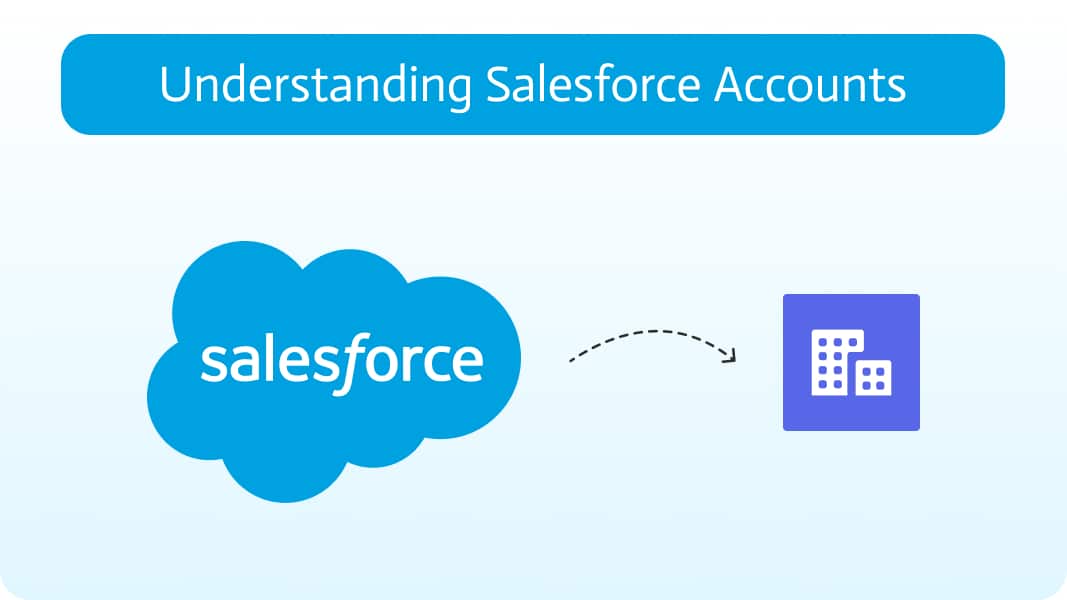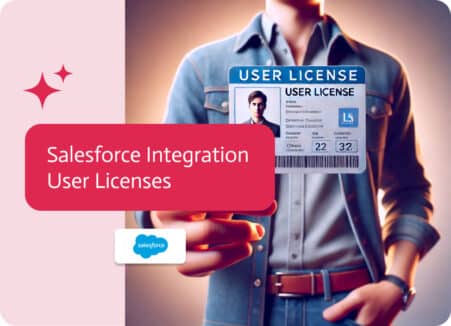

Understanding Salesforce Accounts
An Account in Salesforce is defined as a company, organization, or person with which the business interacts. In Salesforce, the need for account management is important, as it maintains customer relationships, records business interactions, and organizes sales cycles.
What is a Salesforce Account?
Salesforce Account is an object that stores important information about companies, partners, and customers in a single central location. Accounts form the foundational block for dealing with customer information within an enterprise and help them keep track of interactions, associations, and trades with ease.
Accounts are core in CRM processes because they bind together other relevant Salesforce objects such as Contacts, Opportunities, Cases, etc., ensuring that an orderly method for business engagement takes place.
Features of the Account Object
- Account Types: Salesforce allows the account types to be categorized as Customer, Partner, or Competitor. This enables teams to segment and analyze their relationships better.
- Industry and Revenue Tracking: The businesses can track the industry, annual revenue, and number of employees, thus enabling segmentation and personalized outreach to a greater degree.
- Parent-Child Relationships: The Account object supports hierarchical relationships; businesses can define parent-child relationships between various accounts. For example, there might be a corporate account with subsidiaries.
- Details of Billing and Shipping: It is possible to attach billing and shipping addresses to the Account object through Salesforce to assist in order processing and logistics.
- Ownership of Accounts and Assignment: Each account may also be assigned to some user or team to ensure ownership and accountability within the sales process.
- Custom Fields and Customization: Salesforce also allows businesses to extend the Account object with custom fields, workflows, and automation of business processes.
Associated Objects
The Account object integrates with several other Salesforce objects to extend its functionality and enable smooth business processes:
- Contacts: Keeps track of people related to an account, thus helping to manage customer relationships efficiently.
- Opportunities: Relates sales deals that are in the pipeline to an account, which will help show the revenue-generating activities.
- Cases: Keeps track of customer issues or support requests regarding an account, thus enhancing service management.
- Assets: Represent the products or services that an account has purchased, thus helping to track customer ownership.
- Contracts: Stores the contractual agreements related to an account so that there is much better documentation and maintenance of compliances.
Usage Considerations
- Permissions: For creating, editing, and deleting accounts, permission should be given according to the status of the user in Salesforce. Access control ensures sensitive customer information remains appropriate.
- API Integration: The Account object can be accessed and modified through Salesforce APIs, enabling integration with external systems for data synchronization and automation.
- Duplicate Management: Duplicate rules and data validation will help an organization maintain a clean and accurate account database.
Conclusion
The Account Object in Salesforce provides the foundation needed to manage business relationships in the system. It allows an organization to store structured customer information, track interactions, and smoothen the whole sales and support process.
Companies can thus avail better customer engagements, optimized sales pipelines, and higher operational efficiency if proper customizing and integrating with automation on Salesforce Accounts is effectuated.


